Anthropology
-
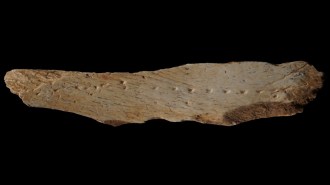 Archaeology
ArchaeologyA prehistoric method for tailoring clothes may be written in bone
A punctured bone fragment was probably a leatherwork punch board. Perforated leather sewn together may have been seams in clothing.
-
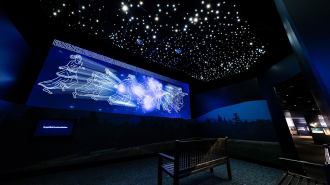 Science & Society
Science & SocietyThe Smithsonian’s ‘Lights Out’ inspires visitors to save the fading night sky
The exhibition examines how light pollution harms astronomy, ecosystems and human cultures. But it also offers hope.
-
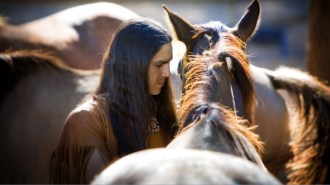 Anthropology
AnthropologyNative Americans corralled Spanish horses decades before Europeans arrived
Great Plains groups incorporated domestic horses into their cultures by the early 1600s, before Europeans moved north from Mexico.
By Bruce Bower -
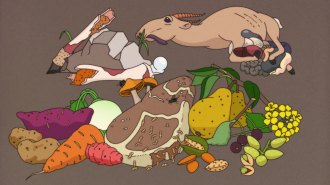 Anthropology
AnthropologyA surprising food may have been a staple of the real Paleo diet: rotten meat
The realization that people have long eaten putrid foods has archaeologists rethinking what Neandertals and other ancient hominids ate.
By Bruce Bower -
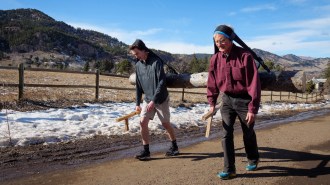 Anthropology
AnthropologyTwo scientists’ trek showed how people of Chaco Canyon may have hauled logs
By carrying a log with the aid of head straps called tumplines, the duo demoed how people may have hauled timbers to Chaco about 1,000 years ago.
-
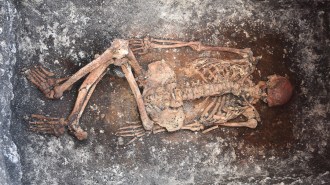 Archaeology
ArchaeologyThe Yamnaya may have been the world’s earliest known horseback riders
5,000-year-old Yamnaya skeletons show physical signs of horseback riding, hinting that they may be the earliest known humans to do so.
-
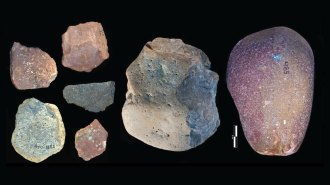 Anthropology
AnthropologyHominids used stone tool kits to butcher animals earlier than once thought
Finds in Kenya push Oldowan tool use back to around 2.9 million years ago, roughly 300,000 years earlier than previous evidence.
By Bruce Bower -
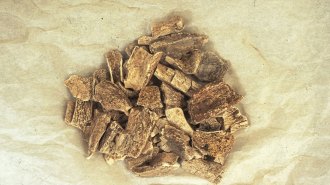 Archaeology
ArchaeologyVikings brought animals to England as early as the year 873
A chemical analysis of cremated remains offers physical evidence of the arrival of Norse animals to England in the ninth century.
By Anna Gibbs -
 Archaeology
ArchaeologyMysterious marks on Ice Age cave art may have been a form of record keeping
Hunter-gatherers during the Ice Age may have recorded when prey mated and gave birth, suggesting that these people possessed complex cognitive skills
By Anna Gibbs -
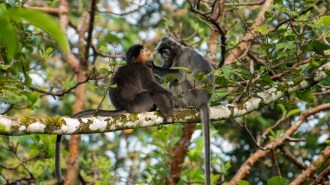 Life
LifeThese science discoveries from 2022 could be game changers
Gophers that farm, the earliest known hominid, a strange hybrid monkey and the W boson's mass are among the findings awaiting more evidence.
-
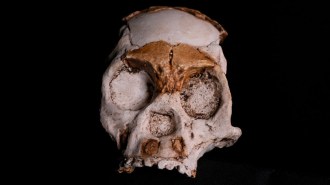 Anthropology
AnthropologyHomo naledi may have lit fires in underground caves at least 236,000 years ago
Homo naledi may have joined the group of ancient hominids who built controlled fires, presumably for light or warmth, new finds hint.
By Bruce Bower -
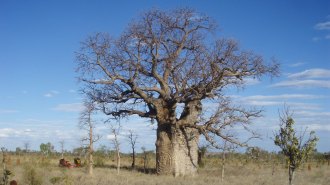 Anthropology
AnthropologyCarvings on Australia’s boab trees reveal a generation’s lost history
Archaeologists and an Aboriginal family are working together to rediscover a First Nations group’s lost connections to the land.
By Freda Kreier